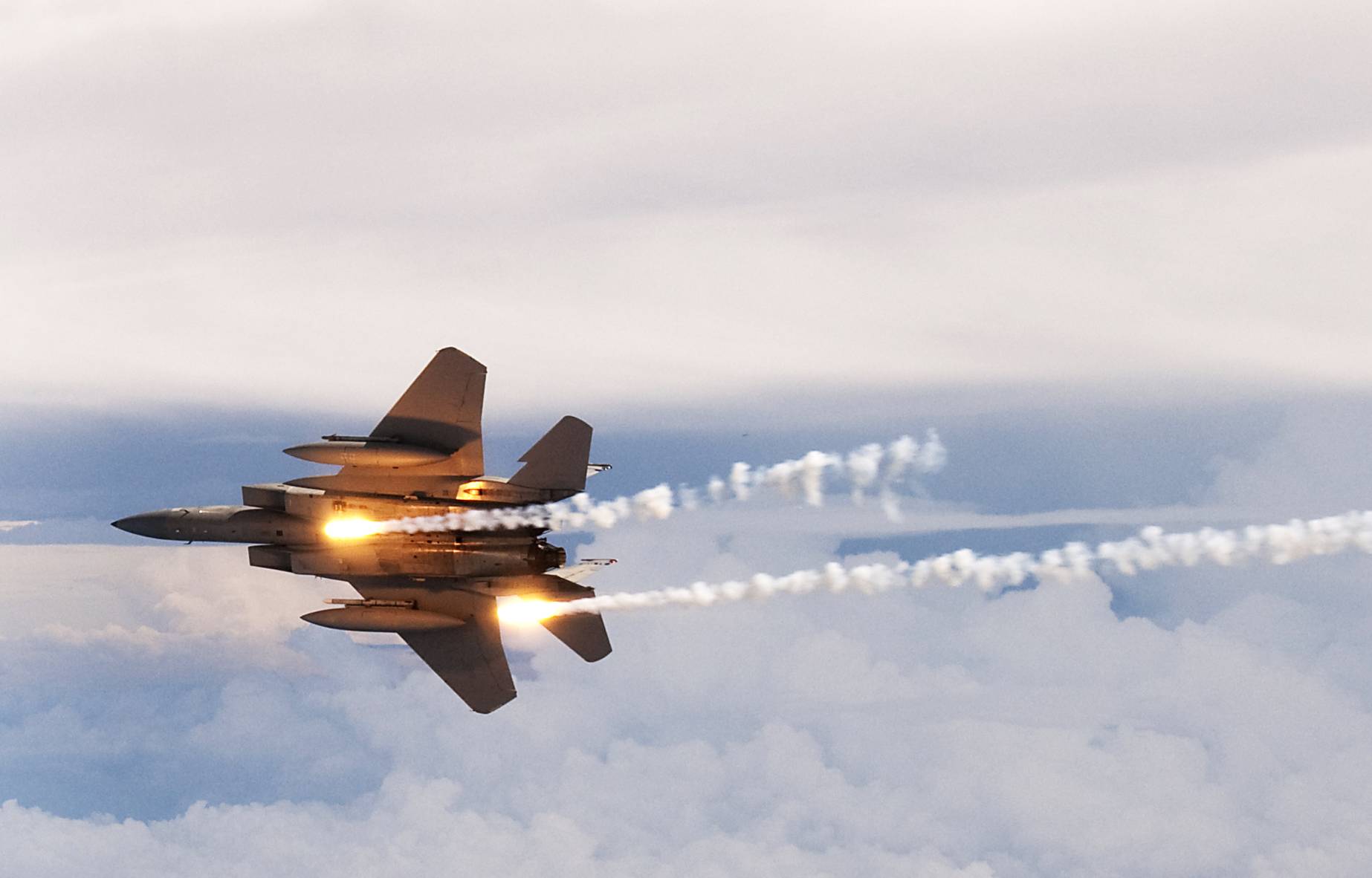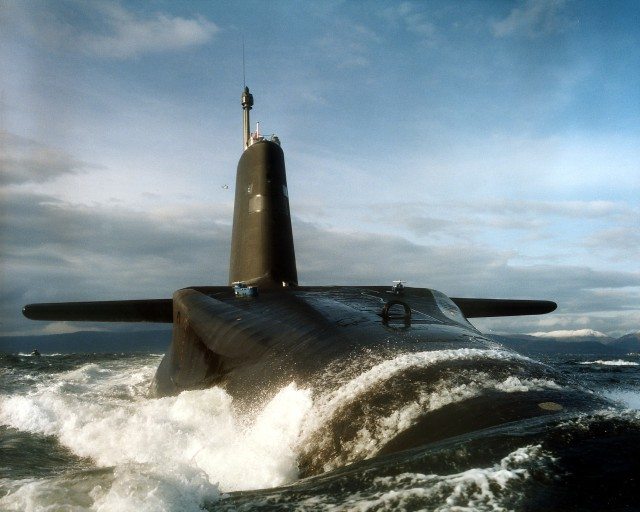The US-led coalition against the Islamic State (IS) group has resumed air strikes from a Turkish air base that were suspended after a failed military coup d’etat, the Pentagon said on Sunday.
“After close coordination with our Turkish allies, they have reopened their airspace to military aircraft,” Pentagon spokesman Peter Cook said in a statement.
“As a result, counter-ISIL coalition air operations at all air bases in Turkey have resumed,” he added, using an acronym for the IS group.
“US facilities at Incirlik are still operating on internal power sources, but we hope to restore commercial power soon. Base operations have not been affected.”
The Turkish authorities on Saturday imposed a security lockdown at the Incirlik air base in the southern province of Adana used by US and other coalition forces in the fight against jihadists in Syria and Iraq.
The facility is 68 miles (110 kilometers) from the Syrian border and houses 1,500 US troops. The base has notably been used to deploy drones, Prowler electronic warplanes and A-10 ground attack aircraft in the fight against the IS group.
The US military has a total of around 2,200 service members and civilian employees in Turkey, which is a NATO member and a crucial regional partner for Washington.
Secretary of State John Kerry on Sunday said the airspace closure did not appear to be connected to coalition activities.
“Apparently, there has been refueling with the Turkish air force with planes that were flying in the coup itself and I think that has something to do with what’s taken place there,” he told CNN.
The Turkish authorities “have absolutely assured us of their commitment to the fight against Daesh,” he added, using a term for the IS group. “I expect operations will get back to normal very quickly.”
Government forces reportedly detained a senior air force general at the Incirlik base, along with other officers accused of backing the failed coup.
President Recep Tayyip Erdogan put down the bloody overnight coup attempt on Saturday, but the events have raised concerns in the West about the stability of the country and its continued role in the anti-IS coalition.










